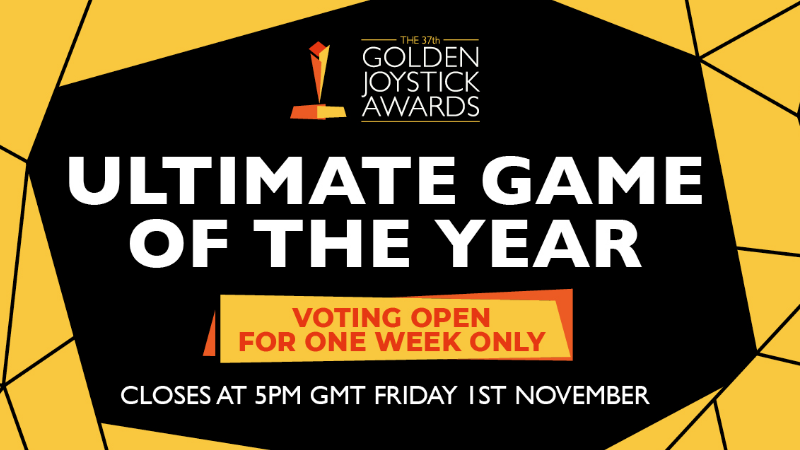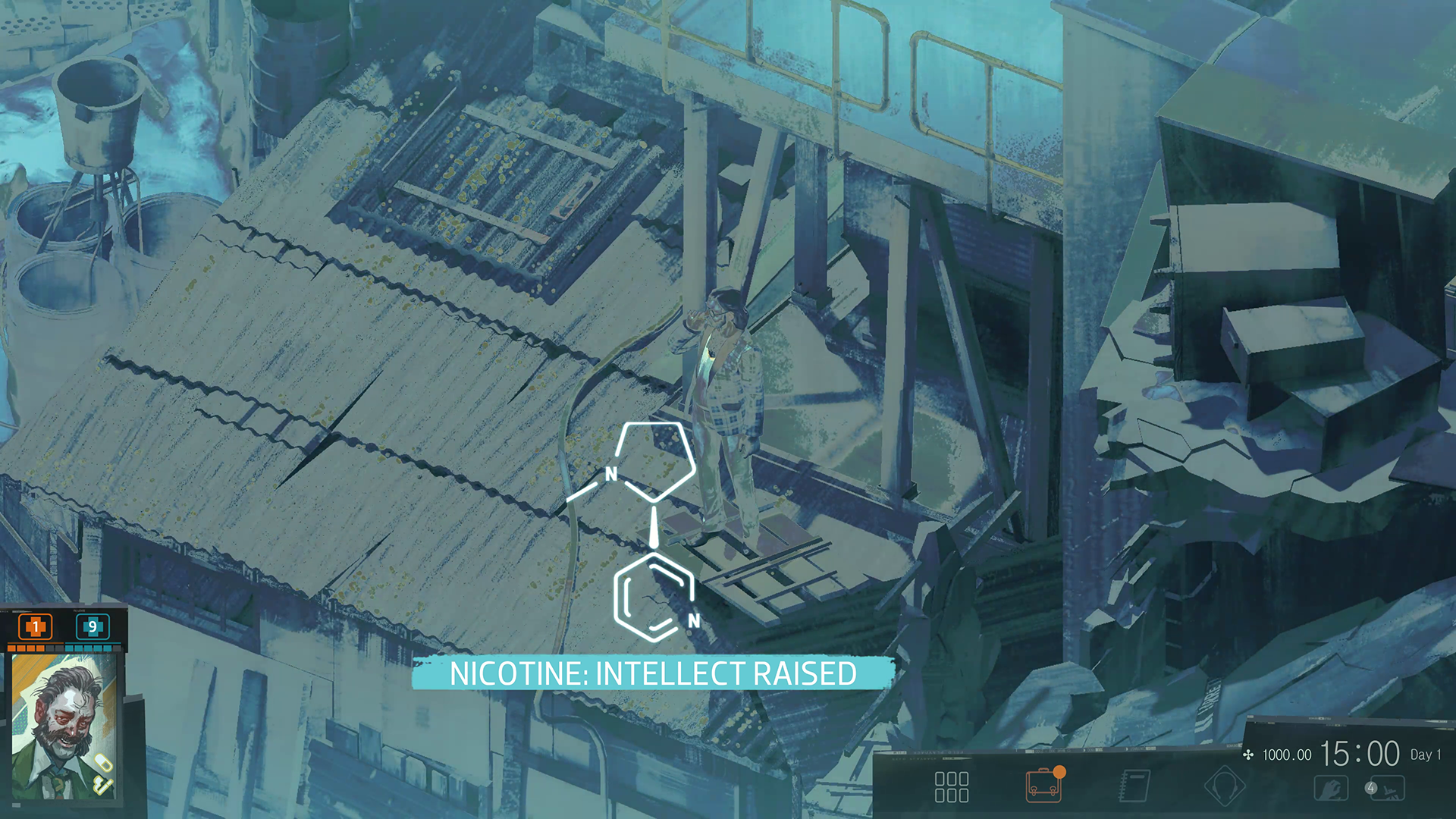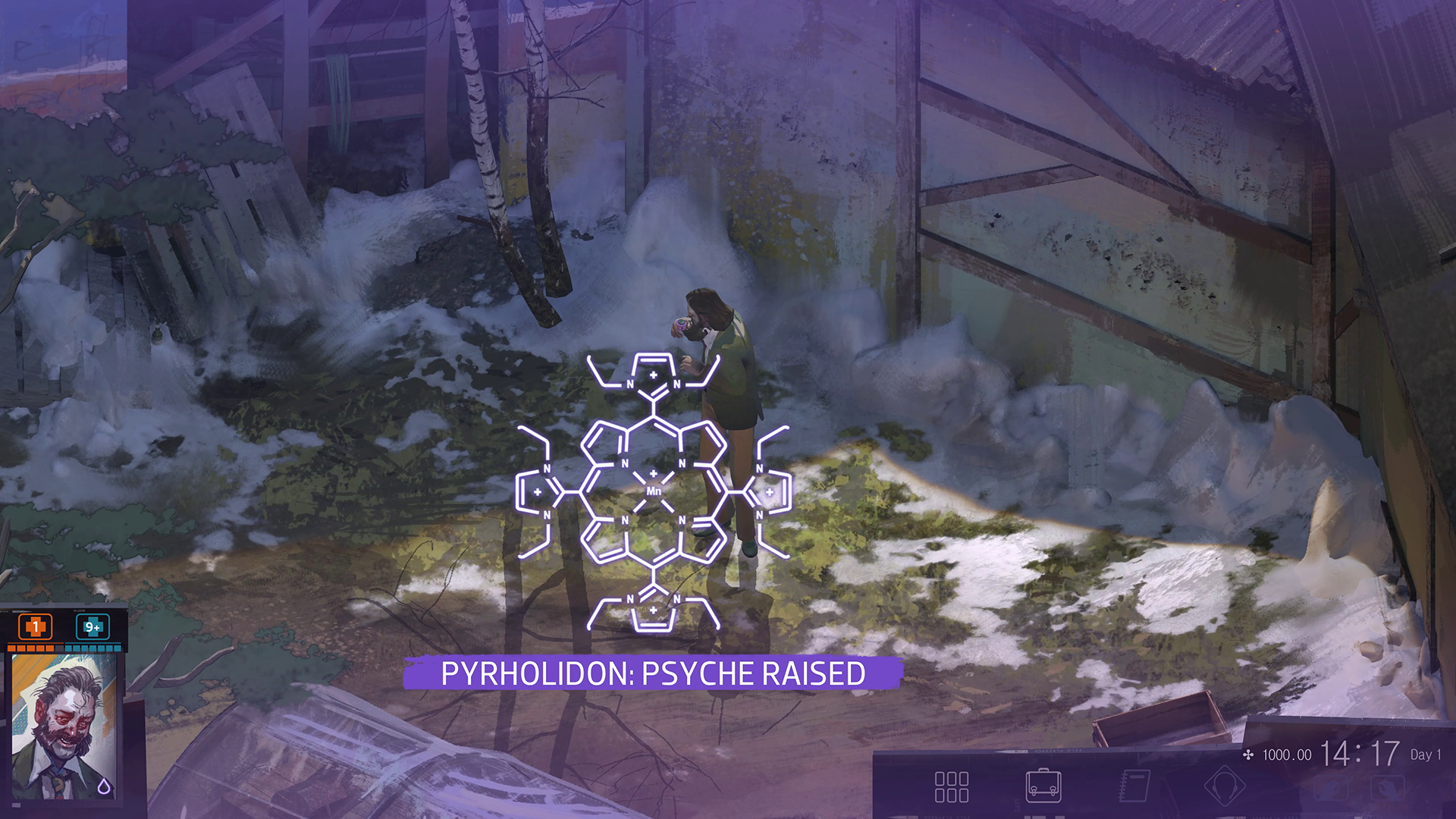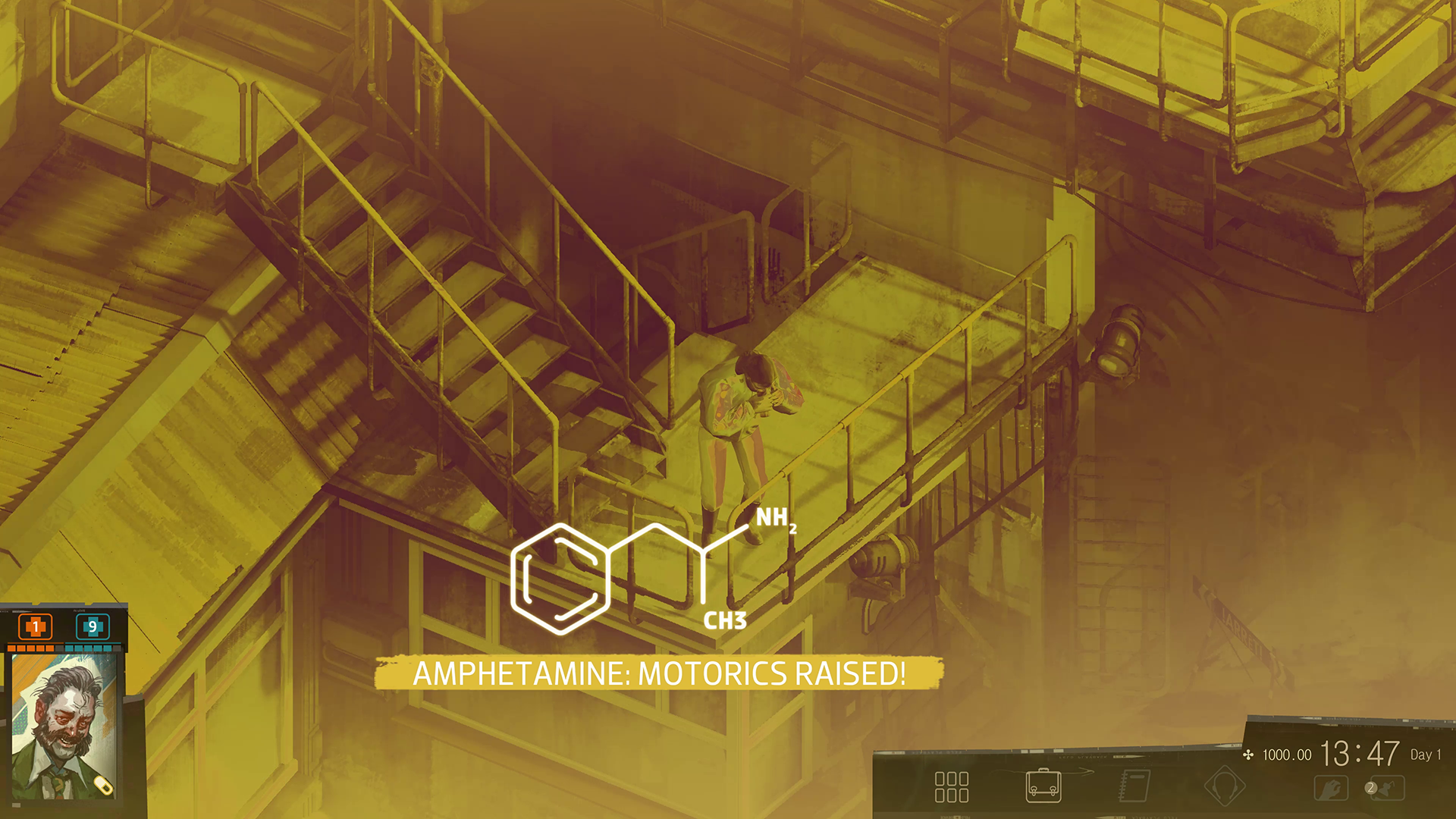
- Fixed duplicate thoughts bug
- Fixed Win7 game boot bug
- Item and description changes
- Adjusted text for Ultraliberal
- Fixed Thought Cabinet “Problem” persisting upon finding a Solution
- Fixed character creation stats not showing correctly bug
- Fixed Kim badmouthing issue
- Fixed misplaced area names
- Fixed Dicemaker VO
- Fixed Pigs spacebar bug
- Fixed map white checks showing incorrectly
- Fixed red tint after red check bug
- Fixed gun not disappearing correctly after looting bug
- Fixed boombox not playing
- Fixed issue causing Kim dialog to lock
- Improved character pathing and navmesh
- Fixed Cleaning Lady visual glitches
- Fixed Tequila getting stuck after sleeping on island
- Fixed orbs in various places
- Fixed cutscenes hovering over checks
- Fixed quick-save/load breaking menus
- Reduced max text size
- Fixed player getting stuck in Dicemaker dialogue
- Adjusted text for Overproductive Honour Glands
- Fixed jackets sometimes hiding shirt items
- Fixed HUD icons open state override
- Fixed major nerd glasses bonus
- Fixed Thought Cabinet white texture bug
- Fixed inventory grid alignment bug
- Fixed Egg Head animation glitch
- Fixed Karaoke UI bug
- Adjusted Church rumble VFX
- Fixed the other shoe bug
- Fixed issue with save file after player discovered the insulidian miracle
- Fixed skill points negative accumulation
- Fixed Frittte typo in area name
- Fixed Tequila stops for inventory fix
- Fixed whirling doors no longer bleeding light
- Improved saving games.
- Fixed issue caused by the thought “Insulindian Miracle.”
- Fixed resolution switcher
- Fixed internalized thoughts remaining highlighted in selection menu
- Fixed camera weirdness in certain conditions pertaining to journal and character sheet
- Adjusted ESC key for specific in-game segments
- Solved the mystery of the disappearing shoe.
- Fixed Kim remaining in a holster position under certain conditions
- Fixed visual part of stat resets upon new character creation.
- Fixed waking up bug
- Fixed certain keyboard combinations breaking the HUD
- Fixed Cindy camera lock issue
- Fixed Gary's apartment door lock
- Improved GOG achievements
- Fixed karaoke crowd and loot
- Fixed Doomspiral outline issues
- Fixed Unity light artifacting issues
- Improved weather changes during dialogues
- Improved FPS all around
- Fixed electrochemistry smokes bug
- Fixed health bar displaying incorrect amounts
- Fixed getting stuck at phasmid after electrochem check
Thanks!














